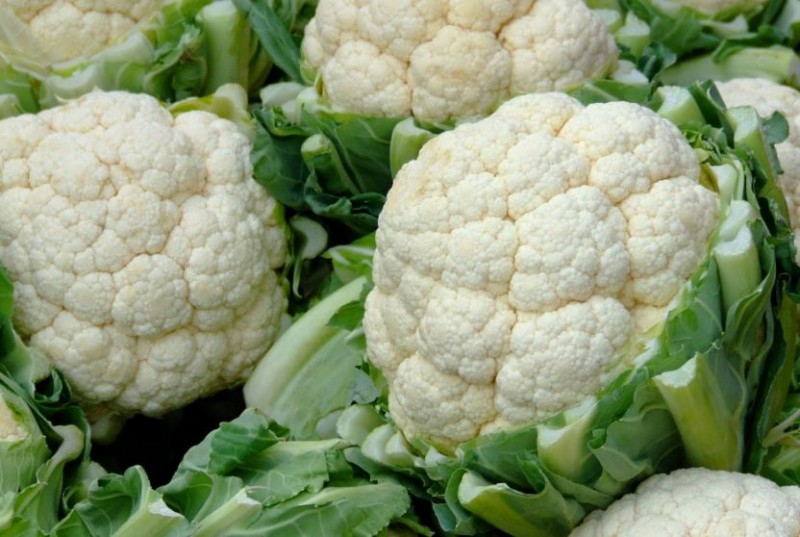
Cauliflower, a popular winter vegetable, is celebrated for its versatility in culinary applications. From curries to parathas and fritters, its nutritional profile boasts carbohydrates, fats, proteins, iron, calcium, potassium, and dietary fiber. While it offers an array of health benefits, this article delves into the potential risks associated with excessive cauliflower consumption.
Kidney Stone Risk:
Despite its low-calorie content, cauliflower contains purine, an organic compound linked to elevated purine levels in the body. This, in turn, may contribute to the formation of kidney stones. Individuals with a history of kidney stones are advised to exercise caution and moderate their cauliflower intake to mitigate the risk.
In exploring this risk, it is essential to understand the role of purine in kidney stone formation. Purine-rich foods can lead to an accumulation of uric acid in the body. When this acid crystallizes, it forms kidney stones. Therefore, individuals prone to kidney stones should be mindful of their overall purine intake, with cauliflower being one of the factors to consider.
Risk for Individuals with Diabetes:
For those managing diabetes, cauliflower's impact on blood sugar levels requires careful consideration. Excessive consumption may lead to fluctuations in blood sugar levels, potentially causing symptoms such as increased sweating, dizziness, elevated heart rate, and irritability.
Delving deeper into this issue involves examining the glycemic index (GI) of cauliflower. While cauliflower has a low GI, signifying a slower rise in blood sugar levels, excessive intake can still contribute to spikes. Diabetic individuals are encouraged to monitor their cauliflower intake as part of an overall strategy to maintain stable blood sugar levels.
Hypertension:
Cauliflower's potassium content, known for its role in blood pressure regulation, can become problematic when consumed excessively. High potassium levels may unexpectedly lower blood pressure, posing a risk for individuals already dealing with hypertension.
An exploration of this risk involves understanding the delicate balance of electrolytes, including potassium, in the body. Excessive potassium intake can disrupt this balance, leading to hypotension or low blood pressure. Individuals with hypertension should be cautious with their cauliflower consumption, ensuring moderation to prevent adverse effects on blood pressure.
Pregnancy Concerns:
While cauliflower is a rich source of vitamins, minerals, antioxidants, and dietary fiber, pregnant women must approach its consumption with care. Excessive intake during pregnancy may increase the risk of gestational diabetes and contribute to issues such as constipation.
Further examination of this issue involves understanding the nutritional needs during pregnancy. While cauliflower contributes essential nutrients, excessive intake may introduce challenges. For example, the risk of gestational diabetes is associated with the body's ability to manage blood sugar levels during pregnancy. Pregnant women are advised to maintain a balanced diet, including cauliflower in moderation, to ensure optimal nutrition without compromising maternal and fetal health.
In conclusion, while cauliflower offers numerous health benefits, a nuanced understanding of its potential risks is crucial. From kidney stone formation to blood sugar fluctuations, hypertension concerns, and pregnancy-related issues, moderation is key. This exploration emphasizes the importance of a balanced and varied diet, considering individual health conditions and dietary requirements. Consulting with healthcare professionals provides personalized guidance, ensuring the safe and optimal incorporation of cauliflower into one's diet.
Understanding Red Eyes: Causes and Remedies for Conjunctivitis
Know The Healing Power of August Tree: Nature's Remedy for Cold, Cough, and Flu
Yellowness of eyes is also a symptom of pancreatic cancer, identify it in time and prevent it